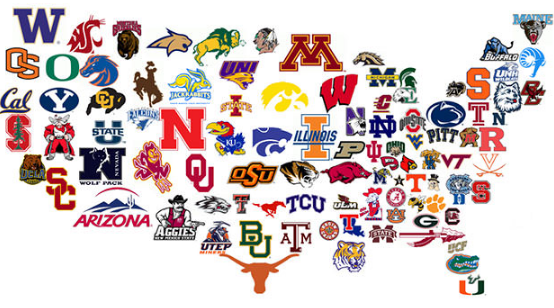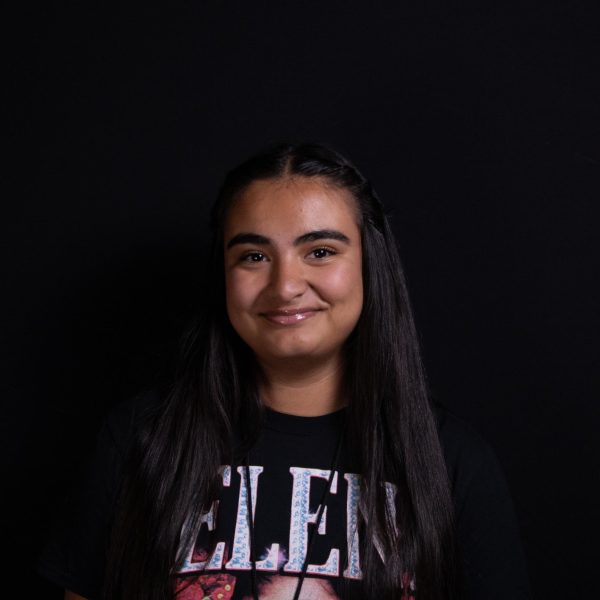For high school seniors, deciding what they want to do after high school is a big step towards their future. Many students decide they want to attend college to get a degree, and throughout their journey they will have to consider academic factors, financial aid and and overall social environment.
For many seniors, college searching starts with campus visits, attending college fairs, and talking with their counselor. Different activities such as scheduling campus tours and attending college fairs can give students insight on campus life. According to the National Association of College Admission Counseling, 83% of students say that college fairs are helpful in their college search, and overall helpful in their decision making. English teacher, Doryan Harris gives advice to seniors on doing college research.
“Go out on visits, visit the campus, visit school administrators and professors. Try to meet as many people as you can get as much information, try to network and really just explore all of your options. So just explore all of your options and try to gain as much information as possible,” Harris said.
Once seniors have done their research on what they want to study and what colleges they are looking at, they can start applying for colleges. According to the College Board, it is recommended to start the application process the summer before a student’s senior year.
Many students spend most of their time writing essays, gathering recommendation letters, and filling out scholarship applications and financial aid.
Aside from countless hours of academic preparation for college, extracurricular activities make an important part of high school seniors’ lives. Whether it is in sports, clubs, or volunteer work, these activities provide opportunities for students outside of the classroom. Another factor of choosing a college is seniors having to take into consideration how their extracurricular activities align with what is offered at the institution. Senior, Natalia Rowlinson love for dance will continue to be apart of her college journey.
“I dance for the Eagle Elite Drill team, and that’s something that I still want to do in college but not fully as a career. I looked into trade school where I can do classes where I’m able to dance with the college team and after my two years I’ll go to university to study to be an ultrasound tech,” Rowlinson said.
For some seniors, military opportunities may impact their college decisions. Whether they are choosing to enlist in a military branch, seek opportunities in the National Guard, or explore career choices through ROTC (Reserve Officer Training Corps) their decision and dedication can make a profound impact on their education choices. Senior, Myles Cordova is joining the National Guard as a way for financial aid.
“I chose to go to UNT, University of North Texas, because I’m joining the National Guard and it also has a ROTC program that I’m looking into. Mainly I chose the National Guard so that it can pay for my college as well as if I want to go active duty in the Army, I’m already a couple steps ahead,” Cordova said.
Senior, Ella Billotto, always had a plan to do something regarding the medical field after highschool. After looking at different colleges, Billotto decided to join the military.
“I always wanted to do something in the medical field, and I thought of going to college to be an ER Nurse but then I realized college wasn’t for me. I started looking at different military branches and the Airforce really caught my eye. I decided to talk to a recruiter and I’m going to be a combat medic in the Airforce,” Billotto said.
Another aspect for college decisions is where; where do high school seniors want to go to college? Do they wish to stay in state, out of state or do abroad programs? The decision to attend an out of state school may be that the student is drawn to a sense of adventure, freedom, and independence while exploring a new social environment. While other students may want to stay closer to home and choose colleges that are in close proximity of friends and family. Senior, Genevive Rizzo decides on out of state colleges that are close to friends and family.
“When I was first looking at colleges, I was looking into specific out of state as well as in Texas. I was mainly looking at colleges where I know I have family. So Florida, Arizona, and California, where I am able to do an out of state college but still be close to some family members,” Rizzo said.
As seniors finish their high school years, they start a new journey looking into career choices, colleges and overall adulthood.


